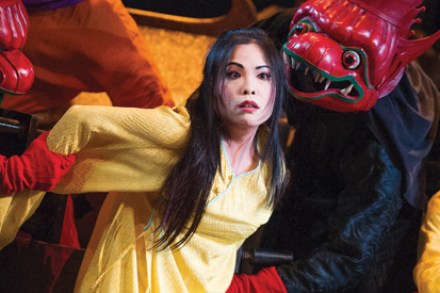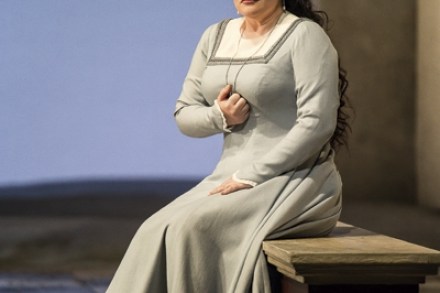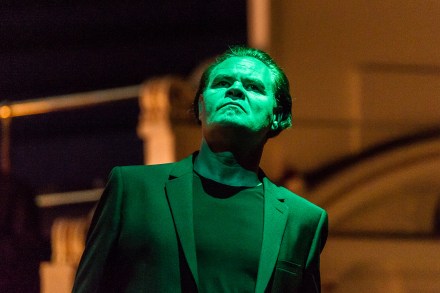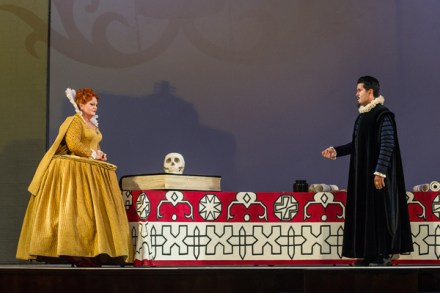Michael Tanner: With seven scenes, Eugene Onegin really doesn’t need any more pauses
This year’s live relays of New York Met performances have a markedly Slav flavour, with Shostakovich’s rare The Nose next up, and later Dvorak’s Rusalka and, most interestingly, Borodin’s Prince Igor. It kicked off with Tchaikovsky’s Eugene Onegin, the most popular though not the finest of his operas. On the first night there were sustained













